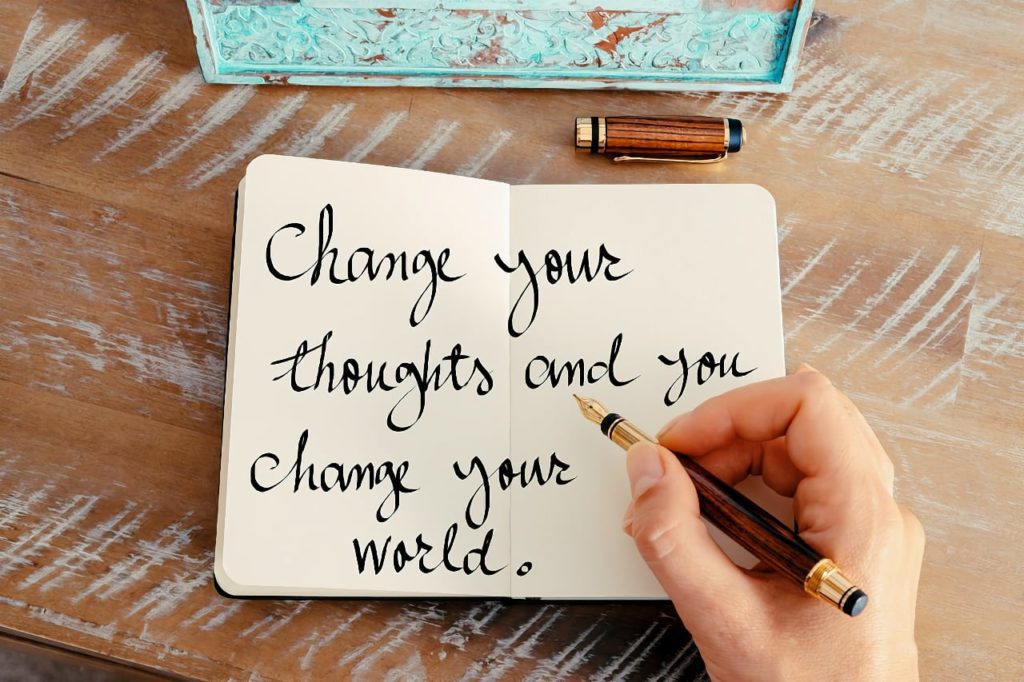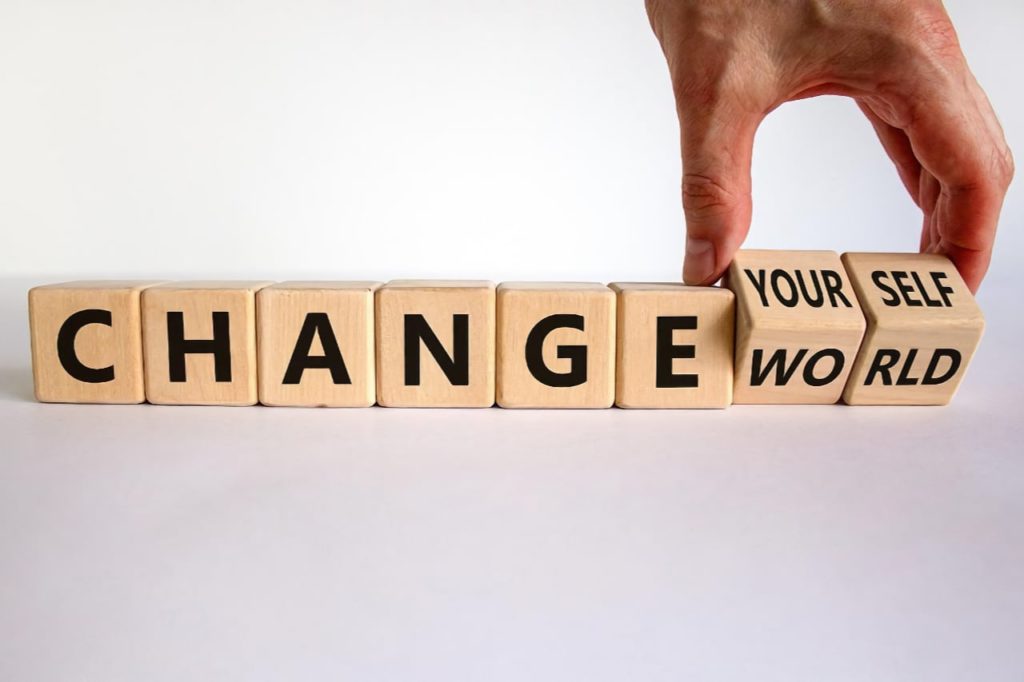Most of us have read, and maybe even been influenced by, this quote from Mahatma Gandhi.
“Be the change you wish to see in the world.”
Mahatma Gandhi
It’s a lovely feeling and one that reminds us of how everybody can effect change. What you do today will contribute to positive change, whether it’s by volunteering at a food bank, starting a non-profit, or caring for your children.
Here are seven ordinary people who made a positive change in the world.
Craig Kielburger: Humanitarian, Activist, and Entrepreneur
Craig is a social entrepreneur and co-founder of a community of people working together to change the world, a family of organizations committed to WE’s power. Craig Kielburger and his brother Marc co-founded WE Charity. The WE Charity is a holistic development model called WE Villages, helping to lift over one million families out of poverty in Africa, Asia, and Latin America.
WE Schools and WE Day provide 18,000 schools with comprehensive service-learning programs in the United States, Canada, and the United Kingdom, engaging 3.5 million young change-makers. Craig is also the co-founder of a pioneering social company, ME to WE, whose profits help support his charity organization’s work.
Craig is the youngest ever graduate of the Kellogg-Schulich Executive MBA program. His work was featured on the Oprah Winfrey Show, 60 Minutes, and the BBC.
For his work in education and human rights, he has also received 15 honorary doctorates and degrees. Craig is a bestselling author of the New York Times, who has published 12 novels and a nationally syndicated columnist.
Craig has received The Order of Canada, the Nelson Mandela Freedom Medal, and the World Children’s Prize. In a Readers Digest poll, he was voted by Canadians as one of Canada’s top five trusted influencers, and he was named Canada’s Most Respected CEO in the public sector along with his brother Marc.
Related: 9 Steps to Start a Charity
J. K. Rowling: Inspired a new generation of readers
Joanne Rowling, a single mom, freshly divorced and struggling to make ends meet, decided to turn to work on a novel she had been outlining for five years, and the world is forever grateful.
Like other individuals who changed the world and affected generations of people, she never thought she would find herself. In 1997, Harry Potter and the Sorcerer’s Stone were released under J.K.
Her publisher did not think the name of a woman would appeal to young boys. However, Harry Potter, seven books and more than two decades later broke sales records and captivated millions of readers of all ages.
Lilly Ledbetter: Fought for equal pay
In 1988, Lilly Ledbetter sued the company for paying her less over the years than her male counterparts after retiring from Goodyear after almost 20 years. The case ascended the legal ladder until it got to the Supreme Court.
While the jury did not rule in her favor, a stirring dissent was written by Justice Ruth Bader Ginsberg. The Lilly Ledbetter Equal Pay Act was eventually passed by Congress in 2009, updating federal legislation to protect women in the workplace better.
Misty Copeland: Provided representation in the art of Ballet
Ballet originated in France in the 16th century and was reserved for the rich, like most art forms. Centuries later, by showing that ballet was not reserved for only the white or rich, Misty Copeland became an inspirational figure who changed the world.
By the late age of 13, Copeland started dancing and obtained her instruction from a local Boys & Girls Club. She became the first African American principal ballet dancer (a ballerina’s highest role) at the American Ballet Theater, the first in the industry’s history, despite cultural norms stacked against her ethnicity, body shape, and context. Misty Copeland changed the way the world saw ballerinas.
Malala Yousafzai: Fought for Better Education for Women
Born in Pakistan, Yousafzai learned from her aunt, a girls’ school teacher, about the significance of education early on. In 2008, when the Taliban took control of her region, they forbade girls to go to school.
Yousafzai spoke out against it openly and was shot on the left side of her head for standing up for what she believed. After months of recovery and moving with her family to the United Kingdom, she refused to hide in terror.
Instead, she lent her voice to launch the Malala Fund, a charity committed to ensuring that girls have the chance to get an education. She became the youngest person ever to be awarded the Nobel Peace Prize at 17.
Irena Sendler: Freed Jews in Poland
Sendler, a 29-year-old Polish social worker, offered terrified Jews food and shelter when Nazi Germans invaded Warsaw in 1939. She also claimed to be a nurse to get into the Warsaw Ghetto and helped free an estimated 3,000 Jewish children by collaborating with the underground group Zegota. Sendler was eventually captured by the Nazis and tortured in 1943 but refused to give up any rescue data.
Sir Tim Berners-Lee: Founded the Web
Thanks to creating the World Wide Web in 1994 at MIT’s Laboratory for Computer Science, you can only read this post. Who do you have to thank for that? Berners-Lee, an ordinary computer scientist from Britain.
He introduced a project in the late 1980s that merged hypertext and the internet. He aimed to provide researchers with a place to exchange information online so that everyone could access it at any time of the day.
The result was the World Wide Web on which we now know and rely on. In 2004, he was knighted by Queen Elizabeth II, and the British Council named it the No. 1 moment that changed the world as his invention.

Conclusion
These people are just ordinary. They were not wealthy, popular, or have a lot of time on their hands. They were faced with challenges in different capacities. We all have the authority to make a difference in the world, big or small, with a bit of tenacity and determination. You can also make a difference.



